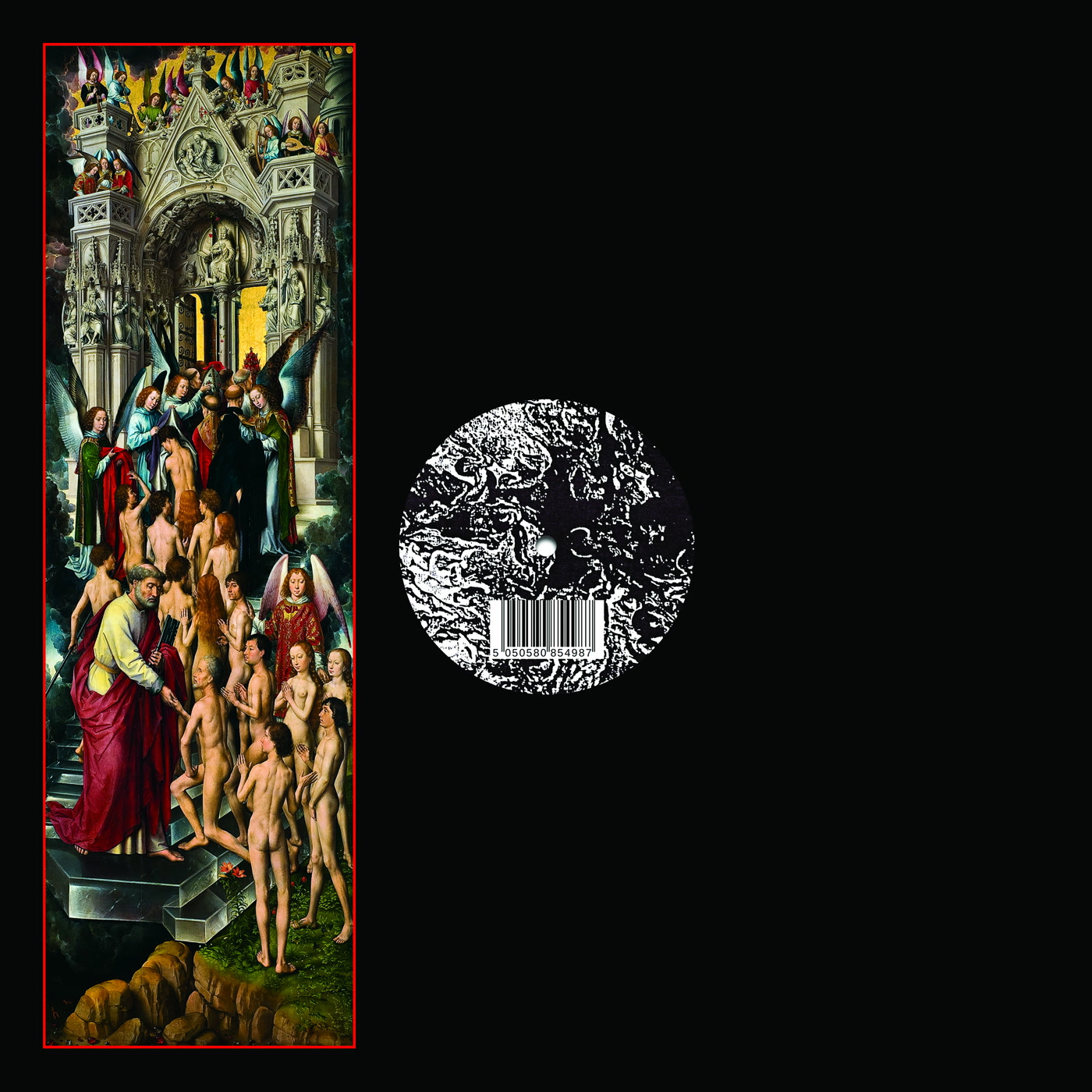
The ancient Greeks maintained that there are two types of dream: one through the Gates of Horn and the other through the Gates of Ivory. The Gates of Horn lead us to prophetic insight, whereas the Gates of Ivory take us to deception. One supposes this is a hint to discover such architecture during a lucid dream; if the dreamer can steer themselves through the right portal, they may enter a realm of prophecy.
We see similar imaginal hints elsewhere in dream encounters with ghosts. Following the Trojan War, Philostratus reported apparitions on the battlefields at night. “Night” here doubles for the dreaming or mind in a mediumistic state. The soldiers would offer spontaneous prophecies if closely observed; if their bodies were covered in dust, they would predict a coming drought; if they were sweating, they would augur rain; and if they were wearing bloodied armour, they would portend a plague.
It strikes me that the art of necromancy and conspiracy are dark bedfellows; the former speculates that the “night” of our present can augur the future, while the latter suggests that the consensus reality of the present conceals cyphers of an alternate history.
There is also a curious link between battleground necromancy and the ancient praxis of cursing. Imprecations written on tablets were often deposited in the graves of the violently diseased, believing the body would charge the curse with a deleterious power. At Amathous, such tablets were discovered among the remains of a mass crucifixion. The bodies of fallen gladiators and soldiers were similarly potent, but the most deleterious of all such cursing material were the corpses of children. Today, fathers offer up their children’s charred bodies to an increasingly forensic camera. I think what new nightmares are these images cursing us with?
Linguists remind us of the etymological roots of the gates of horn and ivory. “Horn” derives from the Greek for “fulfil,” and “ivory” from the word “to deceive.” In that context, it asks us to decide which reality and moral path to take and demands that we observe what is happening closely. There is no wiser authority than to access our most judicious selves.
Andy Sharp, London, 2025

